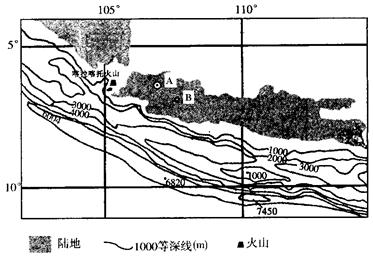对“上有政策,下有对策”这句话的看法?如果你上司是这样一个人,你会怎么样?
参考答案:
“上有政策、下有对策”是当前普遍存在于各级党委和政府工作中一种极其不良的现象,能否加以制止,对于确保党和政府各项政策的有效落实至关重要。
(1)"添工加料"、附加条件的执行。在这种政策执行过程中,政策执行者往往会添加一些原政策所没有的东西,而添加的这些东西往往是不合理的,不可行的,但执行者为了自身的利益把它们加进去,使这些不合理不可行的东西变成了合理的可行的,这样也就会影响原定目标的实现,这就是"土政策",他们口头上喊的是政策执行原则将与灵活性相结合、理论联系实际的口号,实际上是自立一套,谋取私利。
(2)象征性、"走过场"式的执行。我国政策制定、执行属直线网络系统,这个系统正常运转必须按照一定规则来,下级必须严格执行上级所作决策,必须维护上级政策的严肃性和权威性,有意见、有看法可以利用正规渠道和方式反映,但同时也必须严格按上级规定的时间和方式执行,这是政策执行的最高准则,但是在我国政策执行过程中存在着很多象征性执行甚至抗拒执行的现象。
(3)改其实质、曲解其义的执行。这种现象往往是由于政策执行者根据自身有利的部分予以实施,这样做的结果就是导致政策无法得到真正地贯彻落实,甚至收到与初衷相悖的绩效。
(4)表面一致、阳奉阴违的执行。当执行机关执行的政策对自己的利益有损害的时候,他们就会制定表面上与上级政策一致,实际却相违背的实施方案

